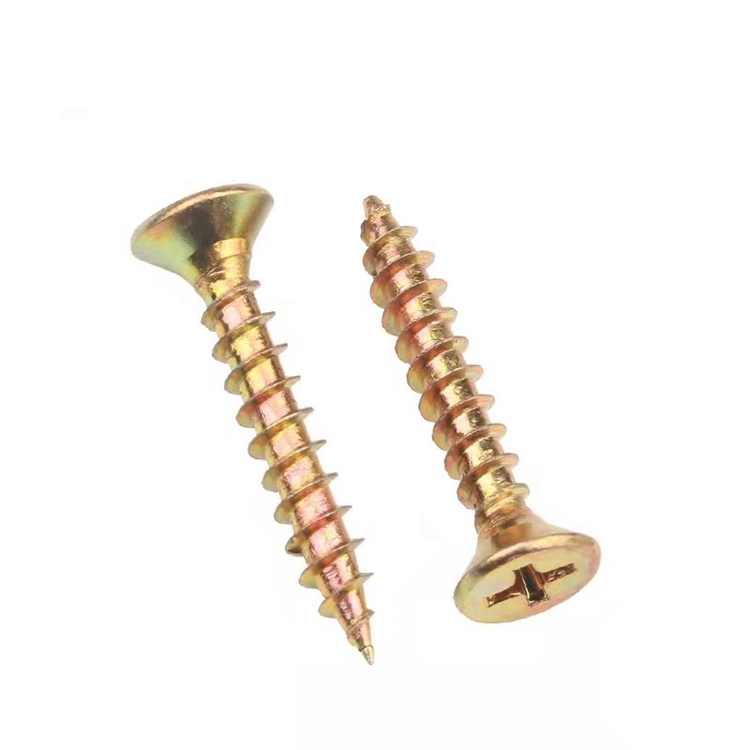316 stainless steel washers manufacturer
dec . 12, 2024 10:10 Back to list
316 stainless steel washers manufacturer
The Importance of 316 Stainless Steel Washers A Comprehensive Overview
In the realm of industrial manufacturing and construction, the selection of materials is paramount to ensure durability, safety, and longevity. Among the myriad of materials available, 316 stainless steel has emerged as a preferred choice for various applications, particularly when it comes to washers. As a leading manufacturer of 316 stainless steel washers, understanding the properties, benefits, and applications of this material can provide critical insights for businesses looking to optimize their operations.
Understanding 316 Stainless Steel
316 stainless steel is an austenitic steel alloy composed of iron, chromium (around 16-18%), nickel (10-14%), and molybdenum (2-3%). The inclusion of molybdenum enhances the alloy’s resistance to corrosion, especially in chloride environments, making it ideal for marine and coastal applications. This makes 316 stainless steel particularly valuable in settings where exposure to harsh chemicals or environments is a concern.
Key Properties of 316 Stainless Steel Washers
1. Corrosion Resistance One of the standout characteristics of 316 stainless steel washers is their high level of corrosion resistance. This property is critical for components exposed to moisture, chemicals, and extreme temperatures.
2. Durability These washers are designed to withstand significant mechanical stress and are less likely to deform or wear out over time, ensuring a long service life.
3. Hygienic 316 stainless steel is non-porous, meaning it does not harbor bacteria, making it suitable for applications in the food and pharmaceutical industries.
4. Aesthetic Appeal The shiny, smooth surface of 316 stainless steel washers not only has functional advantages but also adds an aesthetic appeal, making them suitable for visible applications.
Applications of 316 Stainless Steel Washers
316 stainless steel washers are utilized in a wide range of industries due to their versatile properties. Some of the prominent applications include
316 stainless steel washers manufacturer

2. Chemical Processing In chemical plants, where exposure to aggressive substances is routine, these washers play a crucial role in ensuring the integrity of machinery and equipment.
3. Pharmaceutical and Food Processing In industries where hygiene is vital, 316 stainless steel washers are often used in equipment to prevent contamination and ensure compliance with health regulations.
4. Architecture and Construction In construction projects, these washers support structural components and ensure the safety and longevity of buildings, especially in coastal or high-humidity areas.
Choosing the Right Manufacturer
Selecting the right manufacturer for 316 stainless steel washers is crucial to ensure that you receive high-quality, reliable products. A reputable manufacturer will typically offer the following
1. Quality Assurance Look for manufacturers that adhere to strict quality control standards and can provide certifications and material test reports.
2. Custom Solutions Many applications may require specific sizes, shapes, or grades of washers. A flexible manufacturer that can provide custom solutions will better meet your unique needs.
3. Expertise and Experience Manufacturers with extensive experience in the field are more likely to understand the intricacies of the production process and the importance of material selection.
4. Strong Customer Support A responsive customer service team can assist with queries related to product specifications, orders, and delivery timelines, enhancing the overall purchase experience.
Conclusion
In conclusion, 316 stainless steel washers play a critical role in many industries, largely due to their impressive combination of corrosion resistance, durability, and versatility. As the demand for high-performance materials continues to grow, working with an experienced manufacturer can help businesses harness the full benefits of 316 stainless steel. Whether in marine applications, chemical processing, or construction, choosing the right washers is vital to achieving operational excellence and ensuring the longevity of equipment and structures. With the right information and partnerships, businesses can cultivate success and resilience in today's competitive market.
Latest news
-
Reliable Wire Bolts Suppliers | Quality Zinc Plated Fasteners
NewsAug.26,2025
-
Wire Bolts Suppliers: Durable & Reliable Fasteners for Every Project
NewsAug.25,2025
-
Premium Cabinet Bolts Supplier | Wholesale & Custom Solutions
NewsAug.24,2025
-
Reliable Axle Nuts Supplier | Quality & Precision Fasteners
NewsAug.23,2025
-
Durable Bolts for Lawn Mower Handle - Top Supplier & Manufacturer
NewsAug.22,2025
-
High-Quality Bolts for Lawn Mower Handle Supplier & Manufacturer
NewsAug.21,2025
